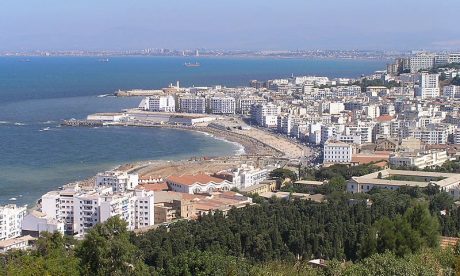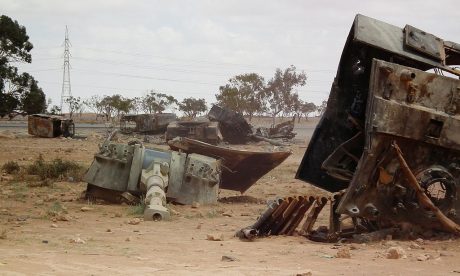
Re-thinking the EU’s development paradigm: views from Morocco and Tunisia
The discrepancy between growth driven development and socio-economic stagnation in the Middle East and North Africa (MENA) region remains striking: despite the progress on many macroeconomic indices, growing social inequalities and limited access to basic social services persist or have even deteriorated. Rather than questioning the prevailing development paradigm based on economic growth as a […]


















